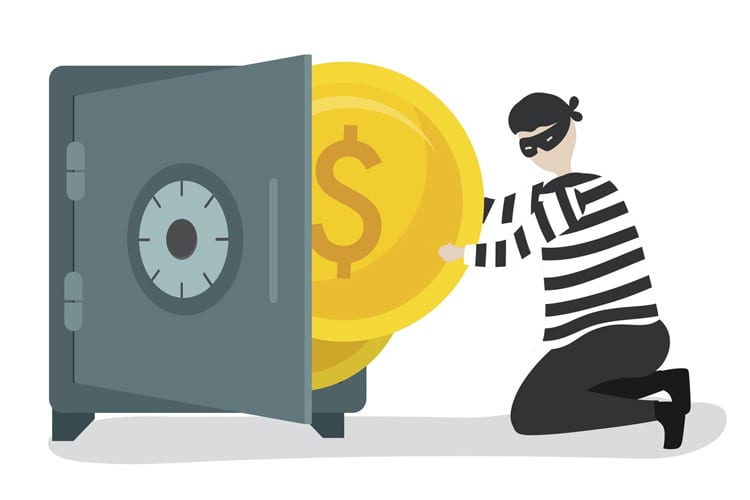How to Protect Your Coronavirus Relief Check From Scammers

Often in crises, the best side of humanity comes out. Today, we see doctors and nurses across the country putting themselves in danger to help others. Food banks like Feeding America have raised millions of dollars to help feed hungry Americans. There’s no shortage of stories that highlight the best aspects of people, even during a time like this.
Unfortunately, difficult situations can bring out the worst in some people too. As the federal government is preparing to send $560 billion in relief checks to Americans, it’s also warning about scammers who may try to profit off this. The best defense against a scam is staying informed and knowing what to look for, so here’s what the government recommends.
What to Know About Coronavirus Stimulus Scammers
If you qualify for a stimulus check, you don’t have to do anything to actually get that money. As long as you filed taxes for 2018 or 2019 (whichever was most recent), and you meet the income requirements, you automatically qualify for relief. If anyone contacts you saying that you need to do something to get your check, they’re a scammer.
If you didn’t file taxes in 2018 or 2019, you should provide some basic information to the IRS to qualify. By following the IRS guidelines, you can safely submit any personal details required yourself. It’s important to note that there are almost no circumstances where someone would reach out to you, over the phone or via email, for anything regarding these checks. The only way to file your information if you haven’t filed taxes is directly through the IRS website.
Moreover, the Federal Trade Commission warns that some scammers may pretend to have early access to these stimulus funds. It’s unclear exactly when this relief will get into Americans’ hands, but you’ll find out through the IRS, FTC, White House, or another government office. The best thing you can do to prevent scams is to keep up to date with the IRS’s coronavirus news page.
If you do come across a scammer, contact the FTC immediately. Otherwise, do your best to stay safe, healthy and informed!









